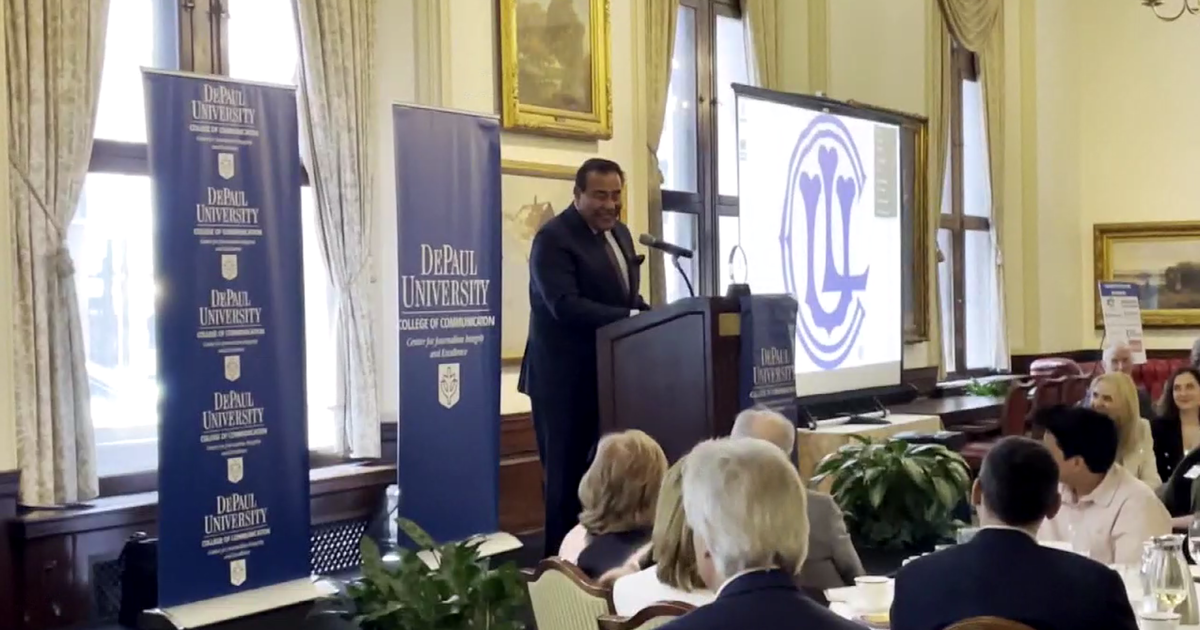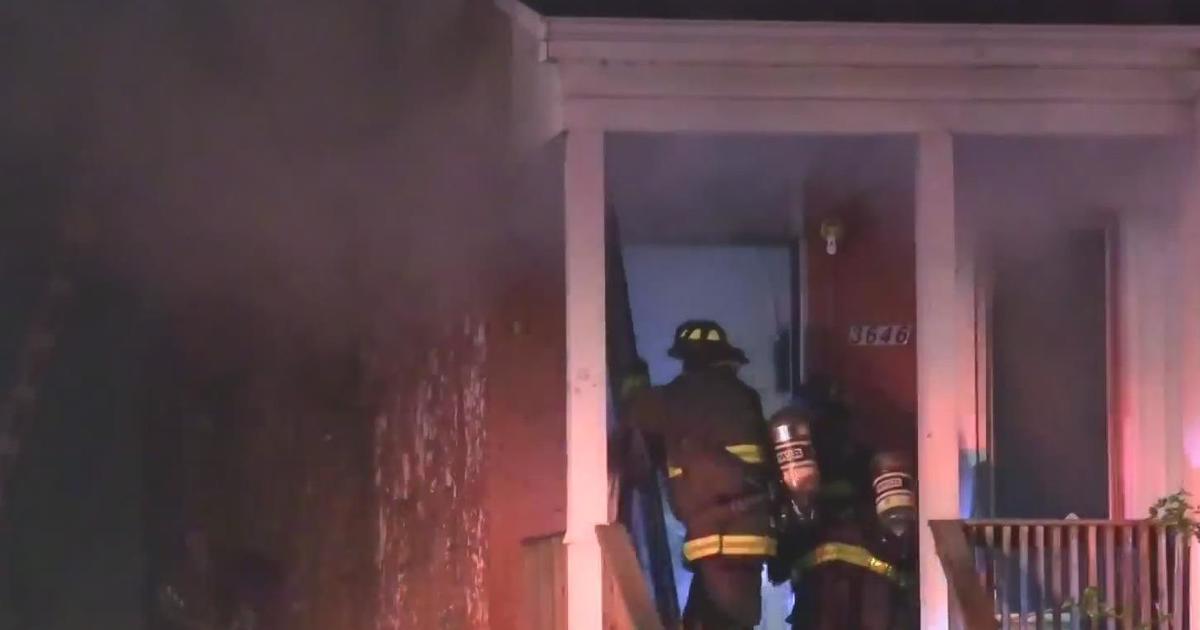Harsh Winter Weather A Mixed Blessing When It Comes To Allergies
CHICAGO (CBS) -- The frigid, snowy winter might help delay allergy season this spring, but mold and pollen problems could be worse than usual once allergy season is underway.
WBBM Newsradio's Regine Schlesinger reports allergists have predicted, unlike the last two years when those with allergies began suffering as early as February, this year's allergy season so far is non-existent.
"We haven't seen the range of pollen complaints at all, I mean, because it just hasn't been warm enough," said Dr. Mary Tobin, an allergist and immunologist at Rush University Medical Center.
Harsh Winter Weather A Mixed Blessing When It Comes To Allergies
Dr. Uma Gavani, an allergist at Advocate Christ Medical Center in Oak Lawn, said once the warmer weather kicks in for real, the pollen and mold counts could go sky-high, because of all the moisture from melting snow feeding trees and plants.
"With all this moisture, it becomes moldy. That causes more sinus problems, asthma symptoms and makes (people) more prone to sinus infections," she said.
She said the pollen problem is worst in the morning.
"Usually, pollen is released mostly early morning hours, so if you sleep with open windows, you breathe all the stuff; you wake up with more conditions. Also, taking walks very early morning, also you're breathing a lot more pollen."
Tobin said once the season starts, keep a close eye on pollen and mold counts.
"When they come out, or if you start feeling symptoms, it's best to start on your medication early than late," she said. "The longer you let it go, the more likely you are for the medicine not to be able to control it as quickly."
Tobin said there are lots over-the-counter of antihistamines, nasal sprays, and saline rinses to help ease allergy symptoms.



